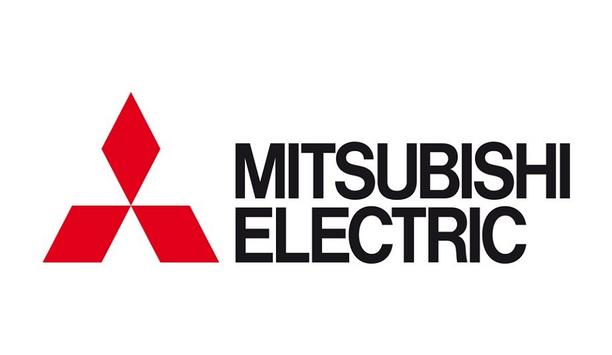Johnson Controls releases the findings from its 2019 Energy Efficiency Indicator study to gauge respondents' plans to invest in energy efficiency.
The survey – in its 13th year – was completed in December 2019 prior to the widespread outbreak of the global COVID-19 pandemic, and at the time, found that almost two-thirds of global respondents (64 percent) planned to increase investment in energy efficiency, renewable energy and smart building technology.
Greenhouse gas footprint reduction
"Although we are in a very different environment than we were when the survey was fielded, we do see commitments to energy efficiency as promising and hope when the economy rebounds, these investments will come to fruition," said Clay Nesler, vice president of global sustainability and regulatory affairs at Johnson Controls. "When we fielded this survey in 2010, we found that the economic recession had a surprisingly limited impact on energy efficiency investment."
Sustainability issues continue to drive investment in building technology around the world. Nearly three-quarters (73 percent) of respondents noted that greenhouse gas footprint reduction is extremely or very important, up from 71 percent last year. Green building certification continues to grow, with 76% planning to achieve voluntary certification compared with 58% in 2018.
Smart building technology
Resilience is becoming a greater priority and they anticipate this will continue as the economy rebuilds
Resilience is becoming a greater priority and they anticipate this will continue as the economy rebuilds. When making energy and building infrastructure investments, the vast majority (82 percent) rated it extremely or very important. Germany, Japan and the U.S. are the countries placing the highest priority on resilience.
Smart building technology again showed increased investment. 70 percent of organizations invested in building control improvements, the highest percentage of any measure and an increase of three percent from the previous year. The integration of fire/life safety systems, building management systems, security systems and distributed energy resources with other building technology systems were the most popular improvements. Looking ahead, data analytics, Internet of Things (IoT) and cybersecurity were predicted to be the most impactful technology trends on smart buildings over the next five years.
Improving public health
"As we reset from COVID-19, we have the opportunity to rebuild smarter and better, this includes how we think about our infrastructure. As the world enters a period of economic recovery, investment in building infrastructure will be important to increase resilience, improve public health and protect the environment," continued Nesler.
In order to drive efficiency investment in these difficult and uncertain times, a number of challenges need to be addressed. This year, respondents noted that the greatest barrier to investment is lack of funding to pay for improvements. Last year the greatest barrier was lack of technical expertise to evaluate or execute projects.
















